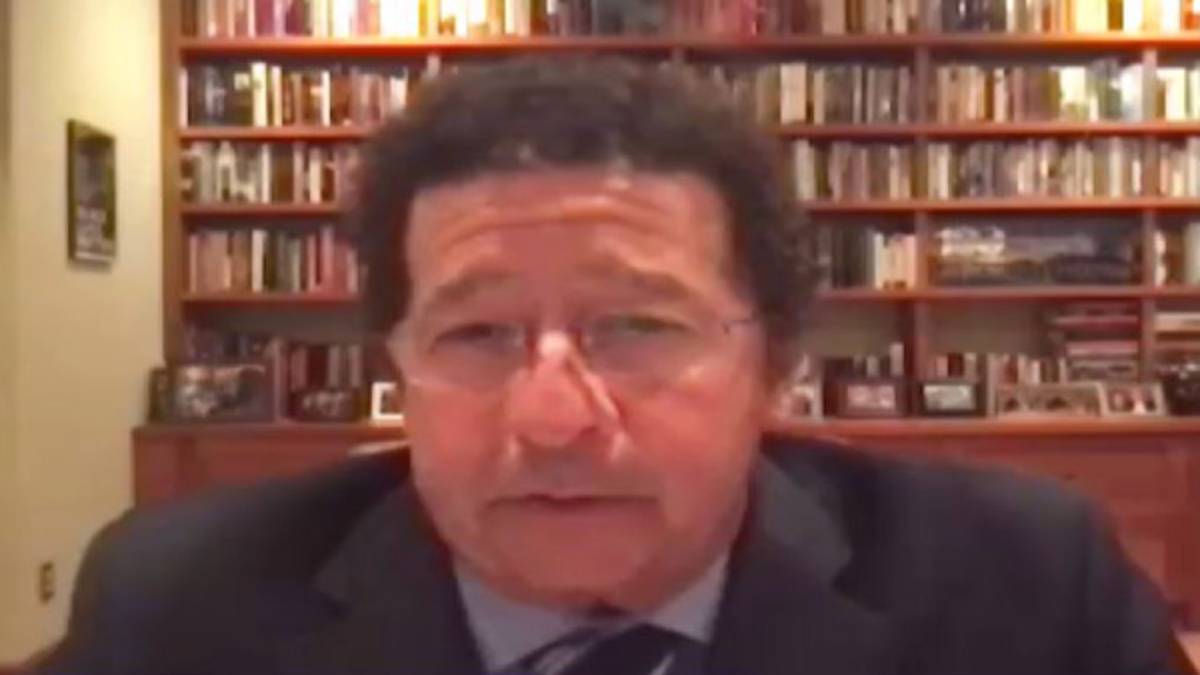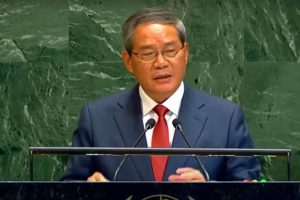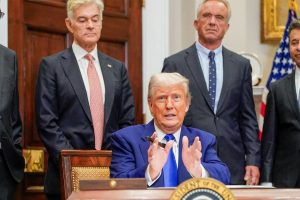David Goldwyn, a leading global energy and geopolitical expert, has said that former US President Donald Trump misread India’s resilience and overestimated the effectiveness of sanctions as a pressure tool in trade negotiations.
Speaking to ANI, Goldwyn noted that Trump’s attempt to use oil sanctions as leverage against New Delhi was a strategic miscalculation.
“What he’s learning in this fiasco, really, in terms of diplomatic relations with India, is that this oil weapon was not quite the tool of leverage that he thought it was. India is not as vulnerable… He underestimated the potency of that weapon and really misread Indian history,” Goldwyn remarked.
His comments came as Trump expressed optimism about resolving trade tensions with India. On Tuesday, the former president posted on Truth Social that talks were progressing and voiced confidence in reaching a “successful conclusion” with Prime Minister Narendra Modi in the coming weeks.
Goldwyn, however, criticised Washington’s double standards, calling sanctions on India’s Russian oil imports a “deeply hypocritical policy.”
“It is a deeply hypocritical policy. So there’s no question about that,” he said.
Earlier, the Trump administration had slapped a 50% tariff on Indian goods—25% in early August and an additional 25% from August 27 as secondary sanctions—citing India’s continued purchase of Russian oil. By contrast, tariffs on China were suspended until November, despite Beijing being one of the largest importers of Russian crude.
Explaining the disparity, Goldwyn said Trump perceived greater leverage over India than over China.
“The President had a lot of leverage, and he believes he has leverage over India, but he realises he doesn’t have a lot of leverage with China. That’s why tariffs have been delayed, negotiations extended, and he has not enforced sanctions or tariffs for Chinese imports of Russian crude,” Goldwyn explained.
He further noted that Trump avoided sanctioning Chinese ports and ships to prevent derailing sensitive trade talks with Beijing.
When asked whether Trump believed he could pressure Chinese President Xi Jinping into a deal, Goldwyn said coercion was unlikely but suggested Trump still saw scope for an agreement.
“I don’t think that he believes he can coerce Xi Jinping into a deal, but he does believe that there is a deal to be had. He thinks China could make energy purchases or give up some transactions, and that he can cut a deal. But it hasn’t gone very well, which is why everything has been delayed,” he added.





